 Name: Allan Otero
Name: Allan Otero
1. Favorite character growing up:
There were actually quite a lot. In animation, I can name adventurers such as Flash Gordon, Thundar the Barbarian or Tarzan. In comics, I liked The Fantastic Four very much, particularly for Kirby’s artwork. At that time, I didn’t pay too much attention to the name of the artists; I only enjoyed good art as I still do today. But my favorite was always Spider-Man.
2. Favorite character now:
The first one that comes to mind is definitely Batman. The problem is that I enjoyed so much the comic books from the ‘80s and 90s (and earlier) that I still miss that flavor. Claremont and Byrne´s X-Men and in general everything done by the latter mentioned artist, made me feel something that I haven’t felt ever again.
3. Your most recent work:
Conspiracy Vol. 2: Area 51, Abductions and all related stuff. As an X-Files fan, I’m tremendously enjoying illustrating this 5-issue mini-series.
4. How would you describe your style?
I could’t tell. I can’t say my artwork qualifies as “realistic” but I do try to respect the correct anatomy as much as possible to the best of my abilities. And I try to pay attention to backgrounds – I think that’s an aspect commonly overlooked in most current books (with some notable exceptions).
5. Is there any particular artist that has inspired you throughout your career?
There’s a line, that in my mind and personal taste, I can trace back to the incomparable Jack Kirby, followed by John Buscema, John Romita, Jim Aparo, Neal Adams, George Perez, Alan Davis… up until John Byrne. I’ve enjoyed his art very much, as I mentioned before, thanks in part to how old I was when I discovered him. All of them have inspired me, which doesn’t mean that my art is in any way as good as theirs.
6. How did you break out in the comic book industry?
Arcana Studio (a Canadian publisher) gave me my first opportunity working on their flagship title: Kade. Later, in the U.S., Zenescope Entertainment opened its doors to me and since that day, I’ve enjoyed and loved all their characters and stories that have come into my hands. I feel at home.
7. Is there any character from any comic book universe that you like to draw while sketching for warm ups?
Spider-Man is the first that comes to mind when I start sketching.
8. Are there any characters or titles you’d like to work on in the future?
Batman and Spider-Man are my favorites, but I think a character like Silver Surfer would be great to illustrate because of the infinite possibilities of worlds to explore.
9. What would you say is your greatest strength as an artist?
Besides procrastinating? The care and attention I put into my finished pages… I tend to be so meticulous that I often spend more time than I should on a single page (in terms of deadlines).
10. What Zenescope title have you enjoyed working the most with?
Satan’s Hollow, a horror story, with supernatural elements and characters. Those themes fascinate me and, since it is a title marketed for mature readers, I felt a lot of freedom when drawing. In general, Zenescope comics are very enjoyable to illustrate.
 11. Can you tell us something about your next comic book projects?
11. Can you tell us something about your next comic book projects?
I’m still working on the Conspiracy mini-series and after that, only Zenescope will tell.
Every project I’ve ever worked on, aside from being a challenge, has also been really exciting… that’s something of utmost importance to me, because I tend to get bored when a concept or story doesn’t catch my attention and with Zenescope that has never happened.
12. What piece of advice would you give to young aspiring artists out there who are considering to make a career in the comic book industry?
Besides the usual stuff (anatomy, perspective, etc,), to actually enjoy the ride. Make comics/art that you like to read/see yourself. Never stop learning… don’t assume you already know everything. And be grateful if you do what you love to do.


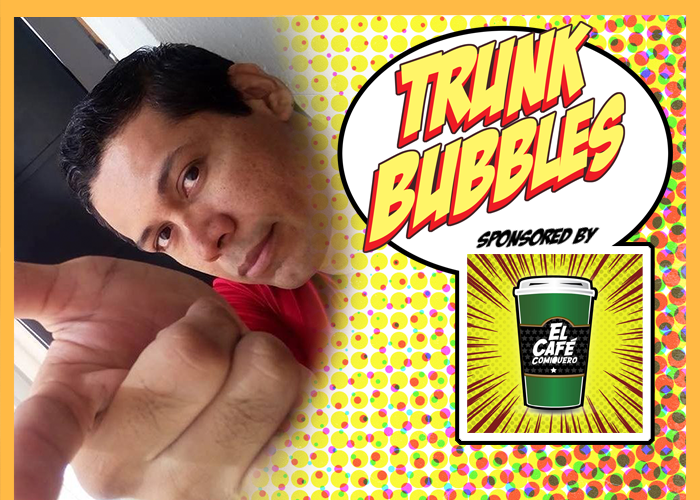
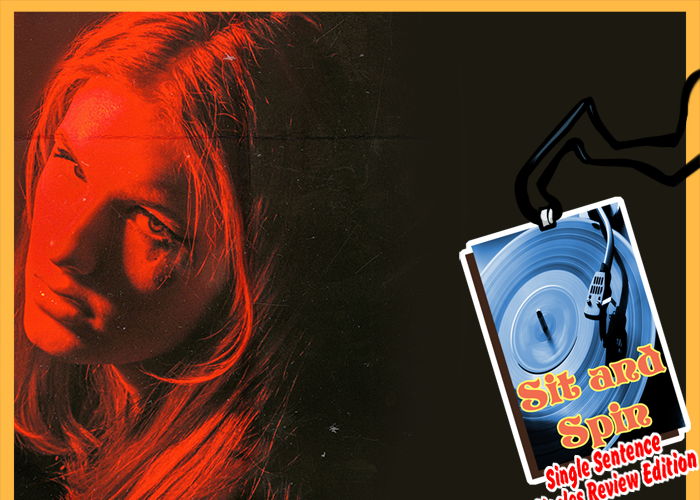
 Song Title: Cross My Heart I Hope U Die
Song Title: Cross My Heart I Hope U Die
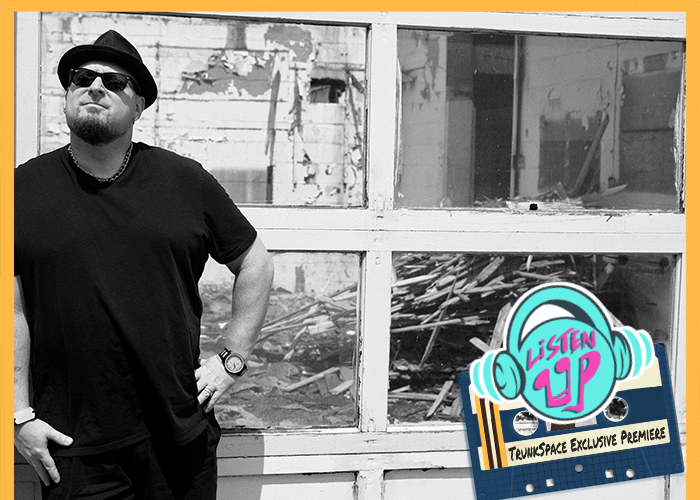
 Boston-based songwriter Munk Duane is dropping a new single today, and you can check out the official video for it first at TrunkSpace, but before you do, here’s what Duane had to say about the song.
Boston-based songwriter Munk Duane is dropping a new single today, and you can check out the official video for it first at TrunkSpace, but before you do, here’s what Duane had to say about the song.
 With the new single “Werewolf” just released, self-proclaimed musical perfectionists Smith, Lyle & Moore are eager to share their songs with the masses, though they admit to being unsure if they’ve caught creative lightening in a bottle – at least until they can see how audiences respond to their collective efforts.
With the new single “Werewolf” just released, self-proclaimed musical perfectionists Smith, Lyle & Moore are eager to share their songs with the masses, though they admit to being unsure if they’ve caught creative lightening in a bottle – at least until they can see how audiences respond to their collective efforts.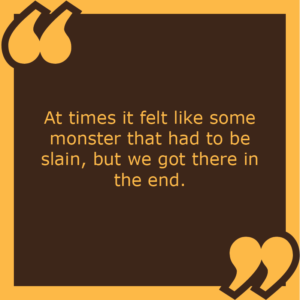

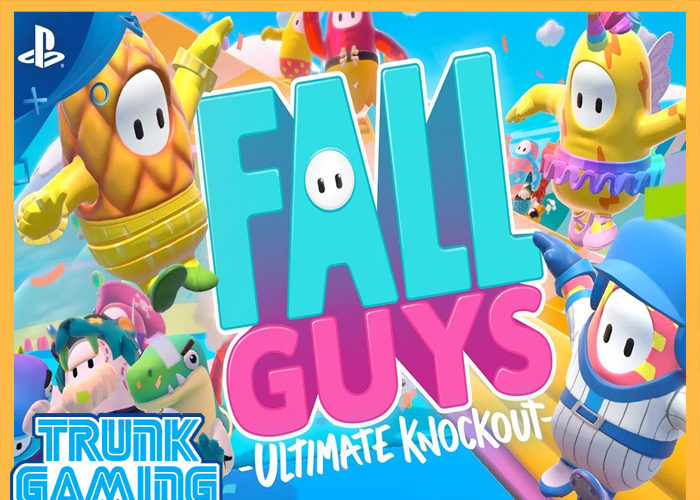
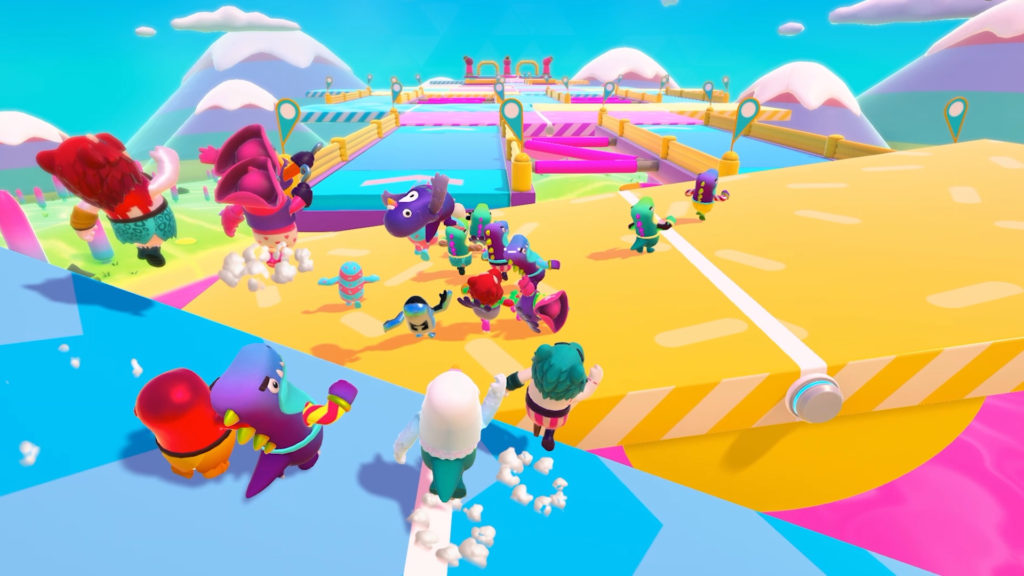
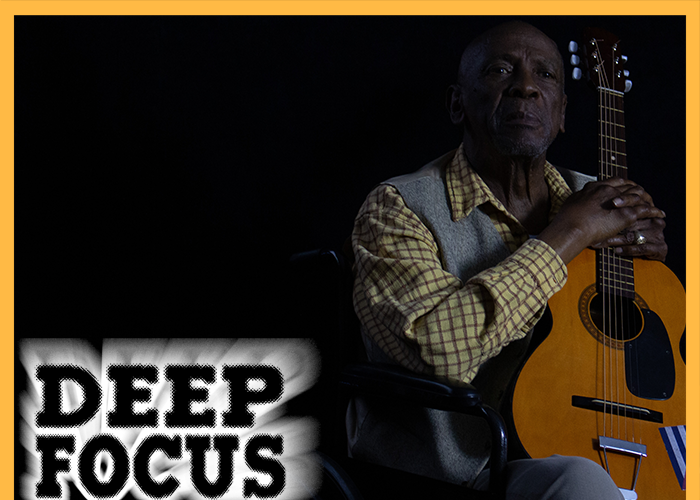
 In our ongoing column Deep Focus, TrunkSpace is going behind the camera to talk with the directors, writers and producers who infuse our world with that perennial pop culture goodness that we can’t get enough of.
In our ongoing column Deep Focus, TrunkSpace is going behind the camera to talk with the directors, writers and producers who infuse our world with that perennial pop culture goodness that we can’t get enough of.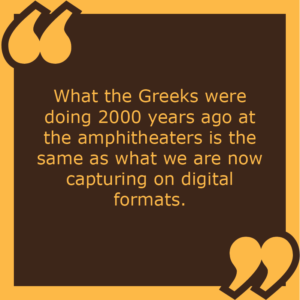
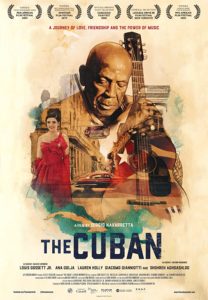 TrunkSpace: For fans, the final product of a film or series is always the most memorable part, but for those involved in a project, we’d imagine it goes much deeper than that. For you, what is something about your time working on The Cuban that you’ll carry with you through the course of your life/career?
TrunkSpace: For fans, the final product of a film or series is always the most memorable part, but for those involved in a project, we’d imagine it goes much deeper than that. For you, what is something about your time working on The Cuban that you’ll carry with you through the course of your life/career?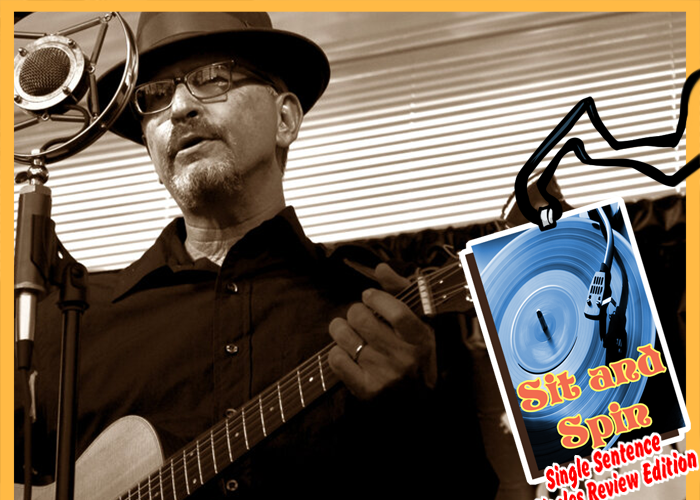
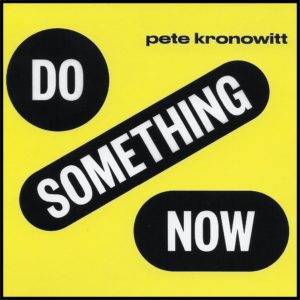

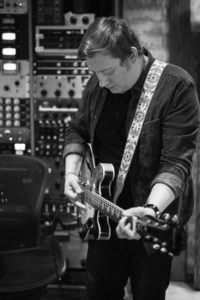
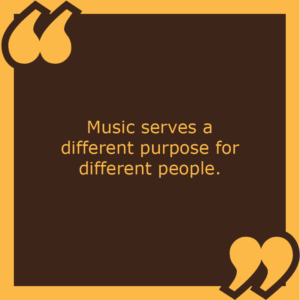 to that feeling of “checking out” for people by giving them new music to listen to?
to that feeling of “checking out” for people by giving them new music to listen to?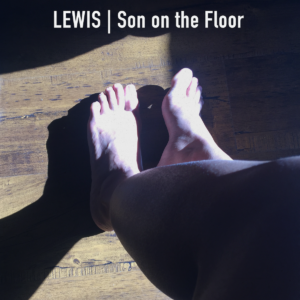 TrunkSpace: What are you most proud of with the album?
TrunkSpace: What are you most proud of with the album?
 While pop culture has always been a great distraction, what little new content making it to screens these days feels like stepping into an oasis while trekking through a desert. NOS4A2 fans have surely gobbled up Season 2 – which culminates in its finale this Sunday – and for star Ashley Romans, being a part of that momentary escape for people is a rewarding experience.
While pop culture has always been a great distraction, what little new content making it to screens these days feels like stepping into an oasis while trekking through a desert. NOS4A2 fans have surely gobbled up Season 2 – which culminates in its finale this Sunday – and for star Ashley Romans, being a part of that momentary escape for people is a rewarding experience.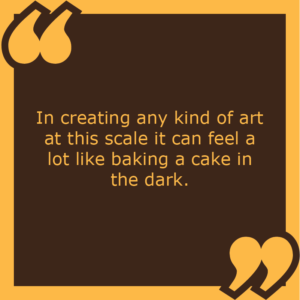
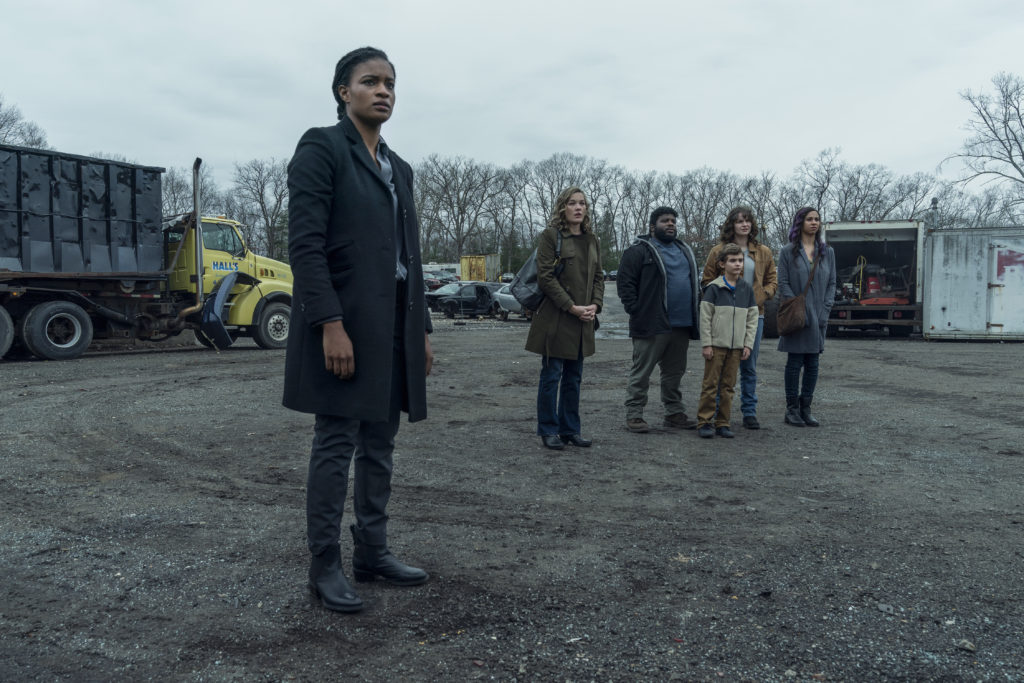

 Song Title: Harry Wants to Be Free
Song Title: Harry Wants to Be Free